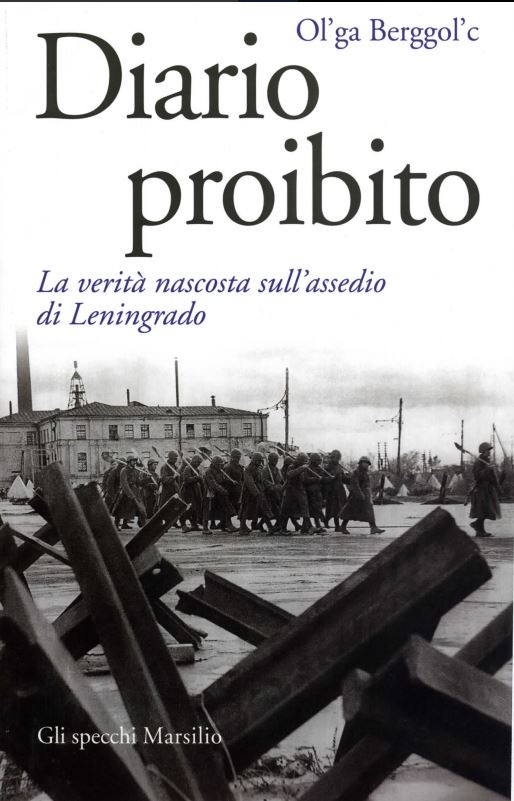2015 annual theme:
Does the Past Have a Future?
So many substances (styles of thinking, occupations, types of text) are indiscriminately called “history,” and there is no way everyone would agree on a single and mandatory definition of what constitutes “true” history and what is just a low quality surrogate and profanation. The answer to a related question − “why does modern society need history?” − seems to be more clear. Paradoxically, the main aim of our interest in the past is connected to the future, or rather with the “politics of the future” through its invention and construction.
One key aspect of this connection is the need for history as a mode of thinking about the past for sustaining the future open to different possibilities. Multiple directions of potential developments in the future become possible only when society realizes the plurality of the past: both the plurality of possible interpretations of the same events and the variety of possible courses taken by history at certain junctions. It is a common mistake to perceive “the unpredictable past” as a pathology. There can be no other past from the vantage point of free social thinking, because the past is an integral function of social development – just as the future is. The past becomes relevant today (and in a particular interpretation) inasmuch as the society faces new challenges. Interest in the history of wars and individual heroes at some point yields to interest in longue durée processes and social structures, while fashion for political history gives way to the popularity of family and private life history. The past actually needs to be reconsidered every ten to fifteen years, or at least once in every generation: such a revision indicates the arrival of new people with new questions about the society, and the past as the sole completely accomplished reality is thus open to analysis and interpretation.
The second key function of historical thinking is its role in the formation of “possibilities of imagining.” By itself, history not only cannot teach anyone about anything, it also cannot explain anything about the present because historical circumstances and individuals are always unique and inimitable. What history can do is to forge a possibility of imagining – a mode of social thinking elaborated through contemplation about the past. Past events are relevant today only to the degree that they are recognized as such by a new generation of historians and their readers with their selective interest in social reality. Therefore, the outlines of the future depend not on what took place in the past (“serfdom” or “parliamentarism”) but on how this is described and comprehended today. The very possibility of a different future as well as of an active public stance vis-à-vis current events depend on the quality of historical thinking in the society.
This vital public function of historical thinking raises the bar for modern historical scholarship, which also becomes responsible for the “politics of the future” in the society, or, more precisely, for the “crisis of the future” that has become so prominent. An “eclipse of the future” became a registered fact after the publication of The End of History by Francis Fukuyama in 1989. Soon thereafter, the USSR and Yugoslavia broke apart, while the past decade has been overshadowed by the tragedy of 9/11. But these global catastrophes seemed to have little effect on the perception of temporality by their contemporaries. History has ended. All the sufferings and sacrifices have been made not for the sake of one’s own future, but for the sake of someone else’s present, now conceptualized as the pinnacle of desires. The time vector is twisted into spatial drift, time ceases to be the fourth dimension. Of course, history never stops, but the perception of history can freeze for years or even decades. The utopia of a better future has all but disappeared from books and the silver screen: the place of science fiction has been increasingly taken over by the genre of fantasy, which is a deliberately reactionary (oriented to the past) attempt to reinvent the past. Instead of starships seeking to expand the horizons of an improved mankind, we have steampunk, dragons, and goblins in medieval historical landscapes or the fictional worlds of parallel reality. The same thing happens in the more serious venues of public life. Nobody expects from the future the coming of communism or, at least, the triumph of liberalism. The popular fantasy of a zombie apocalypse (when the walking dead attempt to destroy everyone alive) has been symbolically implemented by the counterrevolutionary movement in East Ukraine: headed by writers of nationalist fantasy and historical reconstructors, they strive to push the whole vibrant country into the imagined ideal Soviet past, not allowing it to grope for an unknown and self-determining future. To these people, “the future is no more.”
In the issues of Ab Imperio planned for 2015, the editors invite authors and readers to think about the question: What is “wrong” with the way that many modern societies think about the past if they see no perspective in the future? In four thematic quarterly issues we plan to publish articles by historians, anthropologists, sociologists, literary scholars, and political scientists on a variety of topics, with a single common feature: we invite authors to discuss their case studies as elements of a broader process of constructing the future through contemplating the past. Where do the sources for a new vision of the future come from? What happens to societies that are locked into the preservation of the existing order of things and glorification of the past? Is there a future for a society espousing an attitude to the past similar to the present-day Russian Federation? We believe that historical and social studies inquiries into these questions have a bright future.












